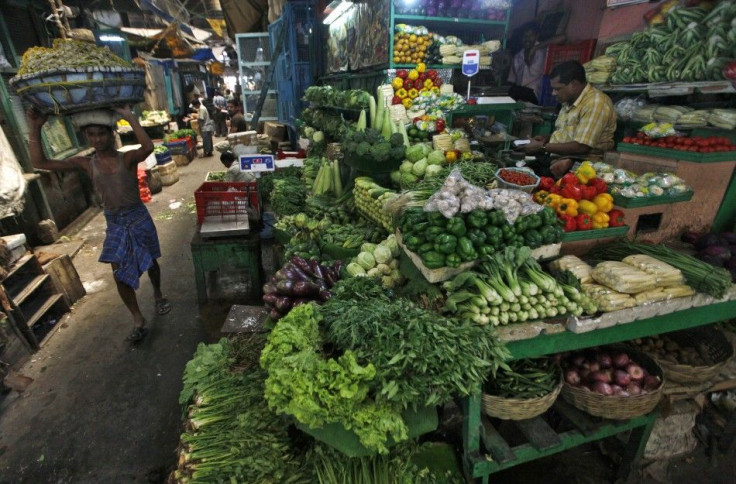FDI In Indian Retail: Minister Says Gov't Confident Of Parliamentary Support

India has been grappling for months over the executive branch's recent decision to let the country’s 28 states decide for themselves whether multi-brand retailers that are majority owned by foreign companies may conduct business in their biggest cities.
The administration of Manmohan Singh decreed in September that India's state governments may decide on their own whether to let multi-brand retailers 51 percent owned by foreign companies like Wal-Mart Stores Inc. (NYSE: WMT) and France’s grocery store chain Carrefour SA (EPA: CA) operate under local minority stake partnerships. Earlier this year the government opened the way for single-brand retailers, such as Reebok, to operate stores in which they hold 100 percent ownership.
The September decree on foreign direct investment (FDI) requires such multi-brand retailers to source 30 percent of their goods from India and commit to building permanent infrastructure, such as cold storage facilities that India needs to reduce the waste of fruits and vegetables that spoil before they reach shelves.
The September decision has sharply divided the nation. So far, five of 28 Indian states and the capital New Delhi have approved allowing FDI in retail. Of them, Maharashtra, the western state with Mumbai as its capital, has 11 cities with more than 100,000 people.
However, the FDI decision also sparked strong criticism from the nation's second-largest party, the nationalist Bharatiya Janata Party (BJP), which is worried that the arrival of large multinational retail companies could put smaller Indian rivals out of business.
"BJP has decided very firmly and there will be no compromise ... We want a discussion that ends with a vote in Lok Sabha,” the head of BJP Sushma Swaraj said, according to NDTV. The Lok Sabha is the Indian version of the U.S. House of Representatives.
The BJP is supported in its opposition to easing India's FDI policies by some left-wing parties.
"We will continue our opposition against FDI in retail. If the voting takes place on FDI in parliament, then we will vote against it," said Gurudas Dasgupta, an MP of the Communist Party of India, according to a report Tuesday in Outlook India.
In a bid to reverse the September decision, the BJP and its allies have been demanding a vote in parliament on the decision, but Singh's coalition initially said it did not need parliamentary approval to ease the nation's foreign direct investment policy. However, the government now says it is willing to let parliament vote on the decision, expressing confidence that it has enough votes to prevail on the issue.
"From day one I have said we have the numbers," Kamal Nath, minister of parliamentary affairs, said to The Times of India, following a meeting Wednesday with opposition leaders of both houses of parliament. He rejected the suggestion by a reporter that his confidence was invigorated after a minority party in parliament – the Dravidian Progress Federation – recently said it supported the September decision.
The issue is a contentious one that could see some Indian cities receiving multi-brand retailers like Wal-Mart.
India’s retail sector is expanding quickly. In 2007 it represented about 15 percent of gross domestic product, worth about a half-trillion dollars a year. As India's middle class develops, consumers are expected increasingly to spend proportionately less on the traditional family-owned shops, especially in urban centers like Mumbai, the nation's financial hub.
© Copyright IBTimes 2024. All rights reserved.




















